Have you ever bumped your head and wondered whether you should go to the doctor? If you are reading this blog post, the injury was probably minor. But in some cases, head injuries can lead to a type of serious wound called traumatic brain injury.
Traumatic brain injury occurs when the skull comes in contact with an external force, resulting in brain dysfunction. There are several accidents that can result in traumatic brain injury, such as slip and falls, motor vehicle accidents, boat crashes or falling objects. At the time of the accident, a head injury may not seem severe enough to warrant medical attention, but this could be a deadly mistake. In case you or someone you care about suffers an accident, you should know the symptoms of traumatic brain injury.
After a head injury, you should be on the lookout for potentially serious symptoms. Traumatic brain injury can manifest in several ways. There are three categories of traumatic brain injury symptoms: Physical, sensory and cognitive.
Physical symptoms refer to how the body may be affected by a brain injury. Physical symptoms could be:
- Loss of consciousness
- Dizziness
- Headaches
- Seizures
- Fluid draining from the nose or ears
- Nausea or vomiting
- Numbness in extremities
- Sleeping more than usual, or having difficulty sleeping
Sensory symptoms affect the body’s five senses and can include:
- Blurred vision
- Ringing in the ears
- Bad taste in the mouth
- Inability smell
- Sensitivity to light
- Aversion to sound
The cognitive symptoms of traumatic brain injury affect the brain’s mental processes. Some cognitive symptoms are:
- Memory issues
- Inability to concentrate
- Feelings of depression or anxiety
- Confusion
- Unusual behavior
- Agitation or combativeness
- Slurred speech
If you believe that you or someone you love has suffered a traumatic brain injury, you should immediately seek medical attention. You may also wish to consult a lawyer to discuss the accident that led to the injury. In some cases, suffering a traumatic brain injury may be cause to file suit and receive damages.

